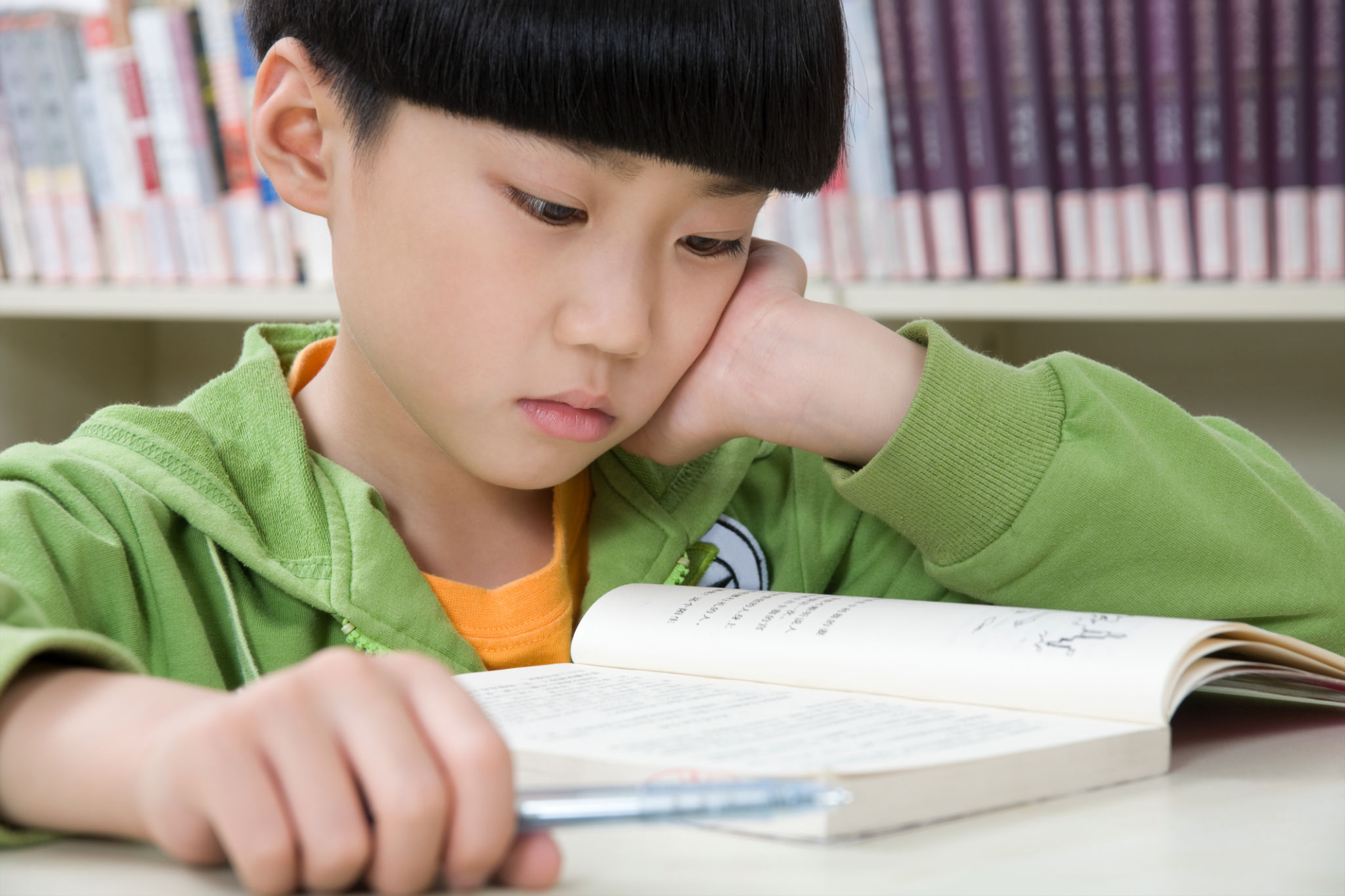Why Children's Literature is Essential for Emotional Development
Ho
The Role of Children's Literature in Emotional Growth
Children's literature is more than just a collection of stories that entertain or put children to sleep. It plays a crucial role in their emotional development, helping them to understand and manage their emotions better. From fairy tales to modern narratives, these stories offer profound insights into human feelings and relationships.

Understanding Emotions Through Characters
Books are filled with characters who experience a wide range of emotions, from joy and excitement to fear and sadness. By engaging with these characters, children learn to identify and empathize with various emotions. This exposure helps them recognize similar feelings in themselves and others, fostering emotional intelligence and empathy.
For instance, a story about a character overcoming fear can give a child the courage to face their own anxieties. Similarly, tales of friendship and love can teach children about the importance of relationships and how to nurture them.
Developing Empathy and Compassion
One of the significant benefits of children's literature is its ability to develop empathy. By stepping into the shoes of different characters, children can see the world from various perspectives. They learn to appreciate differences in cultures, lifestyles, and thoughts, which lays the foundation for a more understanding and compassionate worldview.

Reading stories that deal with complex emotions and situations allows children to practice empathy in a safe environment. They can explore the consequences of actions and decisions without facing real-world repercussions, which is a powerful tool for emotional learning.
Building Emotional Vocabulary
Children often struggle to express their feelings because they lack the vocabulary to do so. Literature introduces them to a rich tapestry of words and phrases that describe emotions. This growing emotional vocabulary enables them to articulate their feelings more effectively, leading to better emotional regulation and communication.
Stories that depict a range of emotions provide children with the language they need to express themselves. Whether it's describing the thrill of an adventure or the sadness of a loss, these words become tools for self-expression.

Encouraging Problem-Solving Skills
Many children's stories involve characters facing challenges or making decisions. These narratives encourage young readers to think critically and consider multiple solutions to problems. By observing how characters navigate difficulties, children learn valuable problem-solving skills that they can apply in their own lives.
Moreover, discussing a character's choices with an adult can further enhance a child's decision-making abilities. This interaction provides guidance while allowing the child to explore different outcomes and consequences.
The Lasting Impact of Children's Literature
The influence of children's literature extends beyond childhood. The lessons learned from these stories often stay with individuals throughout their lives, shaping their beliefs, values, and emotional responses. As adults reflect on beloved childhood books, they may find that these stories have subtly guided their personal development.
In conclusion, children's literature is an indispensable tool for emotional development. By offering insights into human emotions, fostering empathy, building vocabulary, and encouraging problem-solving skills, these stories help shape emotionally intelligent individuals who are better equipped to navigate the complexities of life.